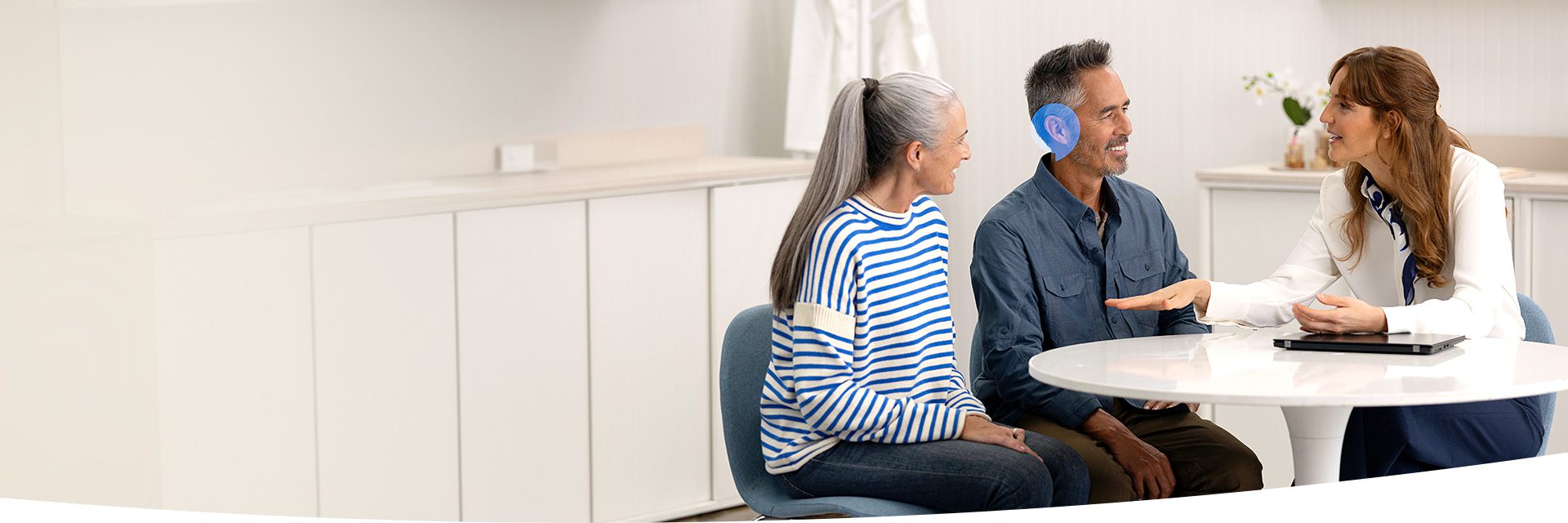What are the signs of tinnitus?
The symptoms of tinnitus include noises in the ears or head that can sound like:
- Ringing
- Buzzing
- Humming
- Whooshing
- Whistling
The symptoms of tinnitus can vary depending on the underlying causes and its severity. The phantom noise may vary in pitch from a low roar to a high squeal, and you may hear it in one or both ears. Tinnitus may be present all the time, or it may come and go.
What can tinnitus be a symptom of?
Tinnitus causes





